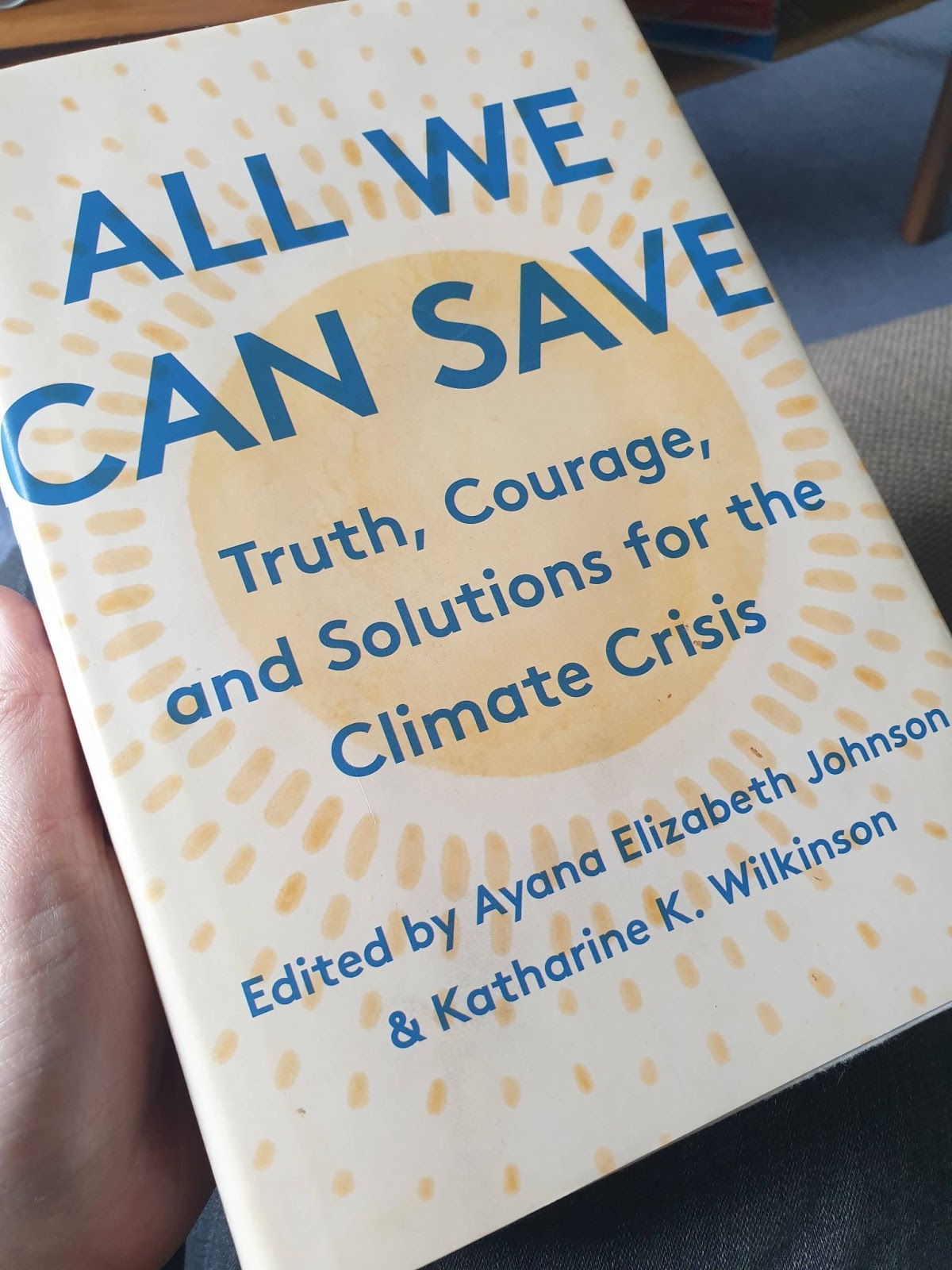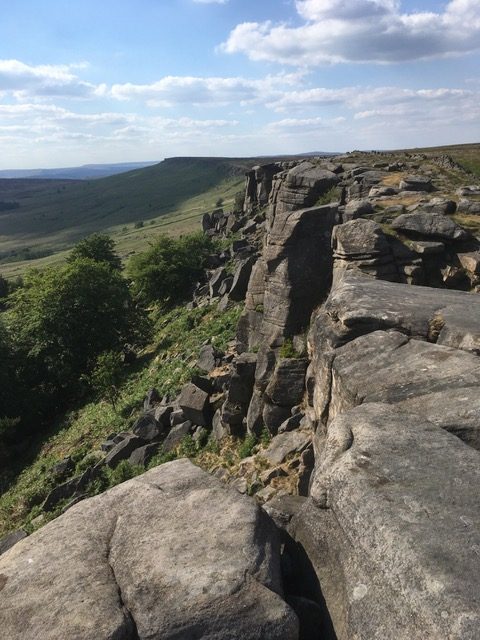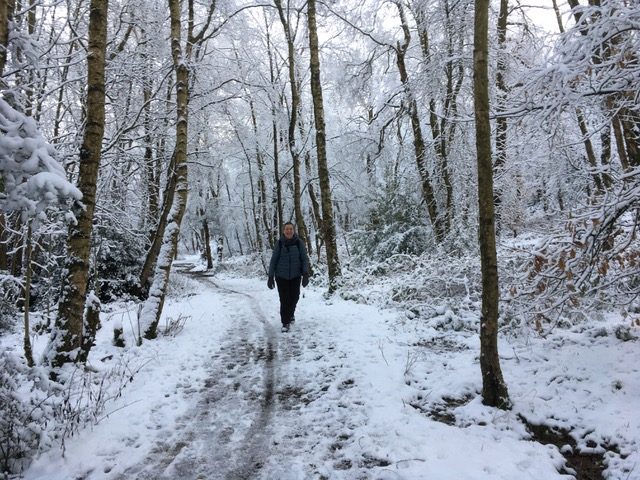Senior Consultant Becki Clark takes looks at what World Environment Day means to her and what we can do to to be mindful of it this weekend.
Talking about the environment can get you The Look. It’s either a glazed over look as the person disengages from the topic, or a slightly smug sneer from someone who “only flies once a year, well, twice.” I get it, it’s hard to know what to do for the best. Individual actions feel like they don’t add up to much, and it’s completely normal to feel like the whole system has to change rather than piecemeal pockets.
Many environment-focused resources talk about the issues, the problems, the state of the world and what’s happening. It’s a bleak and terrifying picture, and we as humans cannot handle it. Hence why we don’t see massive societal shift; it takes a while to course-correct, and appeals that focus on what people don’t want aren’t working. The scare stories are not effective.
A balm to that is ‘All We Can Save,’ which sits on my bedside table. If you haven’t heard of it, it’s a collection of essays and poems from leading female voices in the climate movement. It’s still somewhat Western-centric, being a US-focused book, and it includes work from indigenous peoples and their unique voices. It was published in 2020 and is a well-thumbed copy, with corners folded over where I’ve found a particular gem of an idea or way of phrasing something.
I think this book is the best one yet for climate advocates. You see, this collection harnesses truth, courage and solutions to lead humanity forward. It is solution orientated but also leaves a space for us to grieve. All We Can Save is both a balm and a guide.
The World Environment Day website has taken this approach for this year’s celebration of our world and what we can do to nurture it. Taking the form of interactive stories, you can explore the mangrove forests, cross the savannah or hike a forest. Their new strapline, “Reimagine, Recreate, Restore,” has that message of being the generation that can make peace with nature. “Let’s get active, not anxious.”
The solution-orientated viewpoint is one that has stuck with me throughout my career, and I see it reflected clearly in Perform Green’s DNA. Focusing on the problem can help define it, but from then, we must focus on the solution. And on what we want, not what we don’t want.
Can technology save us?
Our blog on How connectivity, data and digital enables a sustainable recovery and growth sets out a solution-orientated approach, especially as there’s something of a trade-off between the efficiency enabled by these technologies, and the raw materials that made them in the first place and energy they need to run.
But another answer is: no. We have to reimagine how we live on the planet.
One of the first things to do is get rid of the idea of waste. Nothing in nature is wasted. Whole ecological niches have sprung up on the leavings of other species.
Humans are the only species that can manipulate their environment, and that has caused some problems, but it can also be the solution. The circular economy is this idea that inputs can be recovered easily to be reused (no more composites!)
But another way we can change is to be more mindful. We don’t miss what we did not realise was there in the first place. What do you notice about your local environment?
Here is what some of my Perform Green colleagues notice:
Toby: I live and work in the vibrant city of Sheffield (alongside around 500,000 others). However, I feel extremely fortunate that I also live very close to the Peak District National Park – some of which sits within the Sheffield City boundary (I can walk from my house out into the Peak Park in about 90 minutes, or get there by car in about 10 minutes). I am a keen walker and rock climber (and a former outdoor education teacher); getting out into this beautiful countryside is something that I treasure – it energises me and feeds my soul. This has been especially important over the past year, when other forms of activity have been curtailed due to the Covid pandemic.
George: The seasons and the dramatic impact that the changing weather can have on a place and an ecosystem has always been something which has fascinated me. From the grand and imposing scenery of the French Alps, so harsh in the winter and full of life in the summer, to the green and pleasant lands of the English Midlands!
Jo: Air quality is important to me. Moving to the country from London, I can taste and smell the difference in the air.
Action list:
- Take a moment, and go for a mindful walk.
- Learn to identify at least one bird species – the RSPB website is great for this.
- Find out where your nearest nature reserve is. Local Nature Reserves are more common than you think!
Take part in the Big Butterfly Count on the 16th July 2021. - Explore far-flung ecosystems and how to live alongside them on the World Environment Day website.



